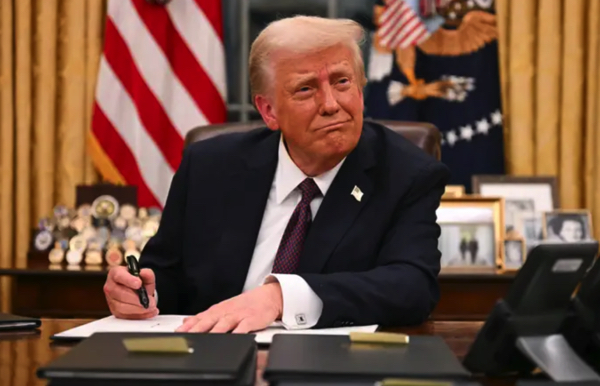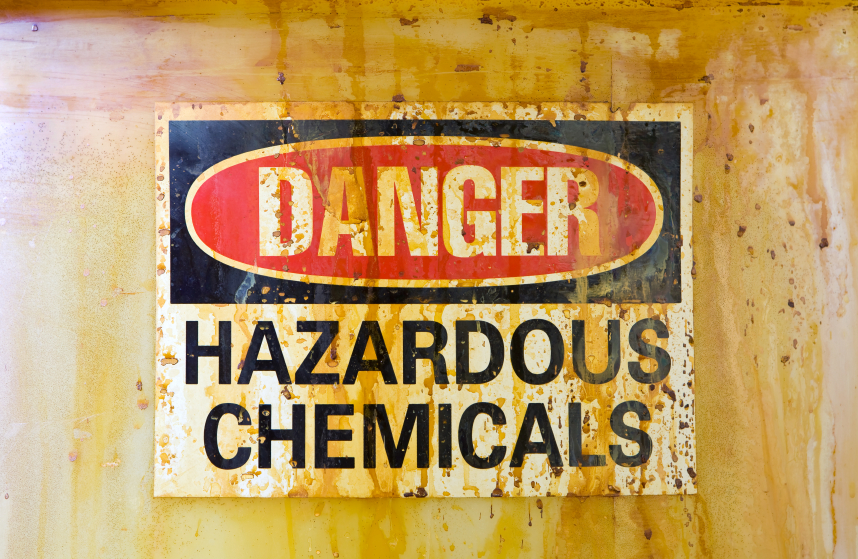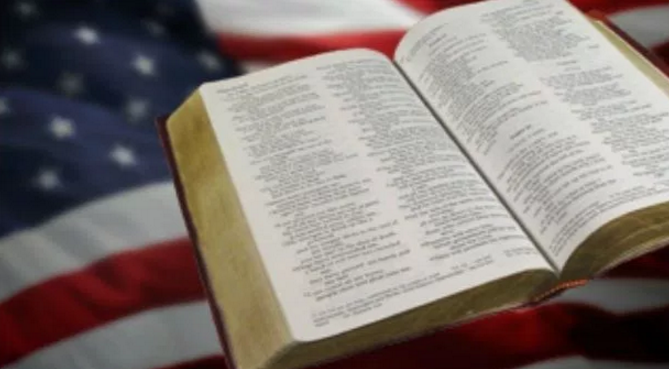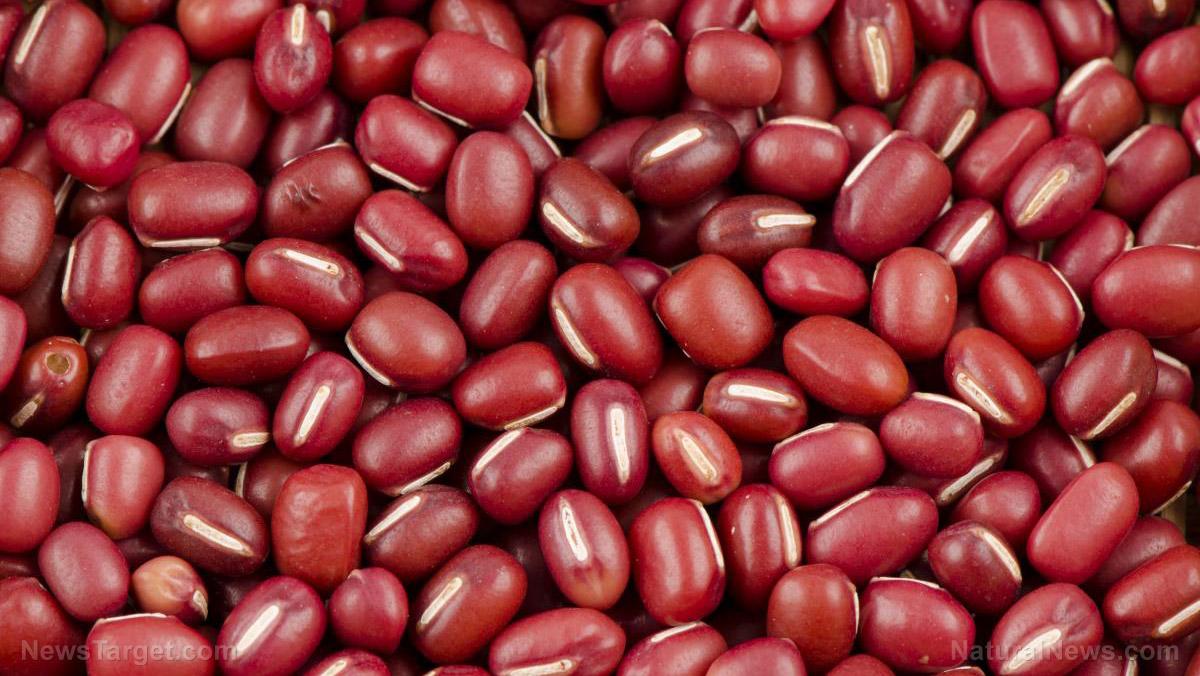 Parler
Parler Gab
Gab
- The USDA approved Nebraska’s request to ban soda and energy drinks from SNAP purchases, marking the first state to restrict sugary beverages under the program.
- The ban, effective January 2026, aligns with Trump’s "Make America Healthy Again" initiative, targeting obesity and diabetes linked to poor nutrition.
- Obesity affects 40.3% of Americans, with 1 in 3 adolescents prediabetic, and sugary drinks are a leading cause of preventable diseases.
- The American Beverage Association opposes the ban, arguing it limits consumer choice, while health experts support it as a critical public health measure.
- Other states, including Arkansas, Indiana, and Iowa, are pursuing similar restrictions, signaling a nationwide shift toward healthier SNAP policies.
A long-overdue reform
For decades, SNAP allowed recipients to buy almost any food or beverage—except alcohol, tobacco, and hot prepared meals—with little regard for nutritional value. Soft drinks consistently ranked as the top purchase among SNAP households, according to a 2016 USDA report. “When a taxpayer is putting money into SNAP, are we OK with us using their tax dollars to feed really bad food and sugary drinks to children who perhaps need something more nutritious?” Rollins asked during a February White House briefing. The Nebraska waiver directly addresses this concern. Governor Jim Pillen celebrated the decision, stating, “There’s absolutely zero reason for taxpayers to be subsidizing purchases of soda and energy drinks.” The state will monitor spending habits and retailer compliance while providing technical assistance to stores adjusting to the new rules.Corporate pushback uses flawed arguments
Unsurprisingly, the American Beverage Association (ABA), a lobbying group representing soda giants, vehemently opposes the ban, framing it as an attack on consumer freedom. “Millions of Americans rely on SNAP to help feed their families. They deserve the same freedom to choose the foods and beverages that best fit their needs,” the ABA argued. The group also dismissed links between sugary drinks and obesity, claiming, “If the two were connected, obesity rates should have decreased with the decline in soda consumption.” Yet health experts overwhelmingly disagree. The American Heart Association (AHA) praised Nebraska’s waiver, with CEO Nancy Brown stating, “We have worked tirelessly to pass public policies that effectively reduce consumption of sugary drinks.” The Centers for Disease Control and Prevention (CDC) has long identified sugary beverages as a leading contributor to obesity, type 2 diabetes, and cardiovascular disease.A national movement gains momentum
The Trump administration’s approval of Nebraska’s waiver reverses decades of federal resistance to SNAP restrictions. Past USDA leaders, including former Secretary Sonny Perdue, rejected similar proposals, questioning whether such bans amounted to government overreach. But under Rollins and Health Secretary Robert F. Kennedy Jr., the administration has taken a firmer stance, emphasizing taxpayer accountability and public health. Other states are now following Nebraska’s lead. Arkansas Governor Sarah Huckabee Sanders recently proposed ending SNAP coverage for junk food, while Indiana and Iowa seek to exclude candy and energy drinks. These efforts reflect a growing consensus that taxpayer dollars should not subsidize products linked to preventable diseases. Critics, including anti-hunger groups, argue that restrictions stigmatize low-income families and create logistical hurdles for retailers. Gina Plata-Nino of the Food Research & Action Center called the waiver “punitive,” advocating instead for incentive-based nutrition programs. However, proponents counter that SNAP’s original intent was to provide nutritious food, not enable corporate profits at the expense of public health. This landmark decision could herald a new era of welfare reform where health outcomes take precedence over political convenience. With chronic diseases draining billions from the healthcare system and shortening American lives, the time for half-measures is over. The Trump administration’s bold move proves that real change is possible when leaders prioritize people over special interests. The battle against Big Soda and processed food giants is far from won, but Nebraska’s victory offers a blueprint for reclaiming America’s health. Sources for this article include: ZeroHedge.com NYTimes.com FoxNews.comTrump’s nuclear renaissance: Push for energy dominance sparks debate over safety and speed
By Willow Tohi // Share
Vitamin D3 supplements slow aging by protecting telomeres, study reveals
By Cassie B. // Share
Health Ranger Report: David Steinman discusses the dangers of CHEMICAL TOXINS
By Kevin Hughes // Share
Texas advances Ten Commandments school mandate amid constitutionality row
By Willow Tohi // Share
An inexpensive and forgotten superfood: BEANS are key to reversing chronic disease
By Lance D Johnson // Share
Governments continue to obscure COVID-19 vaccine data amid rising concerns over excess deaths
By patricklewis // Share
Tech giant Microsoft backs EXTINCTION with its support of carbon capture programs
By ramontomeydw // Share
Germany to resume arms exports to Israel despite repeated ceasefire violations
By isabelle // Share










